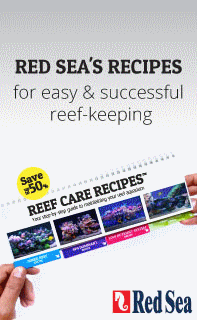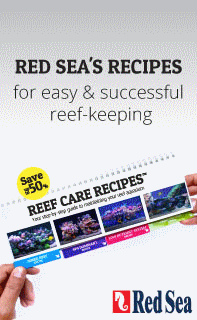-
Topics
-
Latest Update
-
0
Wts Hailea hk500a chiller 1/2hp
Selling this Hailea chiller. Hk500a 1/2hp. In great working condition. Well maintained. About 2+ years old. @$350 -
2
Wts: LA lakers & Hallucination zoas
Hallucination zoas sold out. LA lakers available -
2
Equipments to sell
Prices revised to clear as need space. Trident - $500 AI Fuge lights (with box and new driver/led) - $200 Neptune DOS - $200 Sent from my FCP-N49 using Tapatalk -
0
WTS and FOC Tanks & Stuff
Hey everyone, I've got the following for sale. They have been with me for around a year or less. Well taken care of. 1. Long fish tank, 90x30x45 - beautiful glass, well taken care of, no scratches - $30 2. Standard fish tank, 60x45x45 - beautiful glass, as you can see, still with bottom and top cardboard covers. - $30 3. Metal stand for the long tank - rusted by strong. Usable. Please note the width of this stand is 50, and the long tank's width is 30, so there's around 15 cm space - Free 4. Nano tank, well taken care of. Beautiful glass - 25cmx27cmx20cm - $30 5. Seachem Filter Tidal 35 - $30 6. Wavemaker - $10 7. Redsea Foundation (Powder): Calcium, Magnesium, Alkalinity. Got from fellow hobbyist, opened, but decided not to continue with reefing. 1 Kg sized. $8/btl. Get one of the above tanks and you can get one of the following free (seen in pictures): - baby tank - oxygen pumps - plastic fish tank protein skimmer - portable fan - half pack of Caribsea Aragonite sand Self-collection at Indus Road. PM if keen. -
0
WTS: Macro Rock scape
Letting go rockscape. Pm if interested Sent from my iPhone using Tapatalk
-




Recommended Posts
Join the conversation
You can post now and register later. If you have an account, sign in now to post with your account.